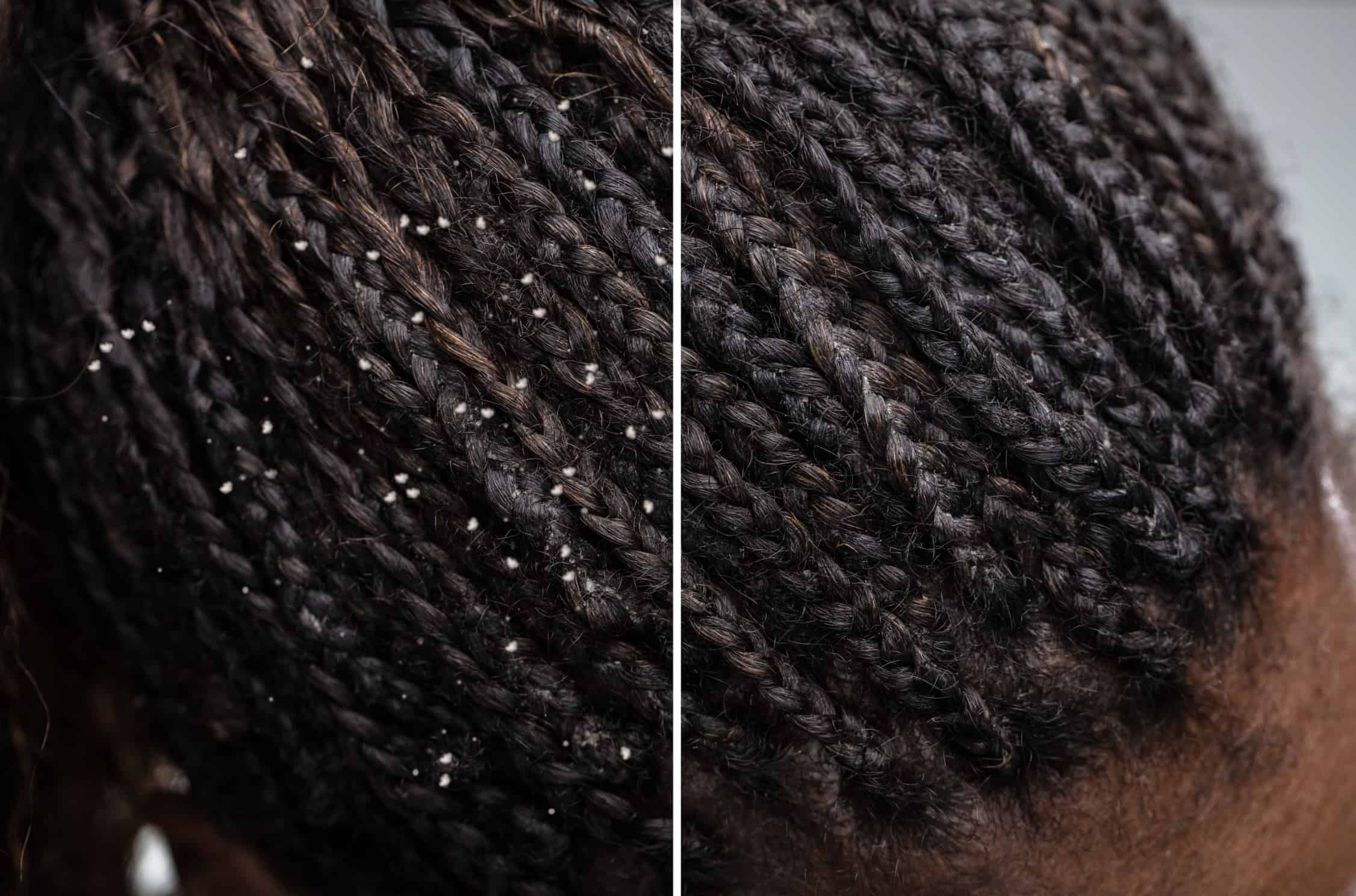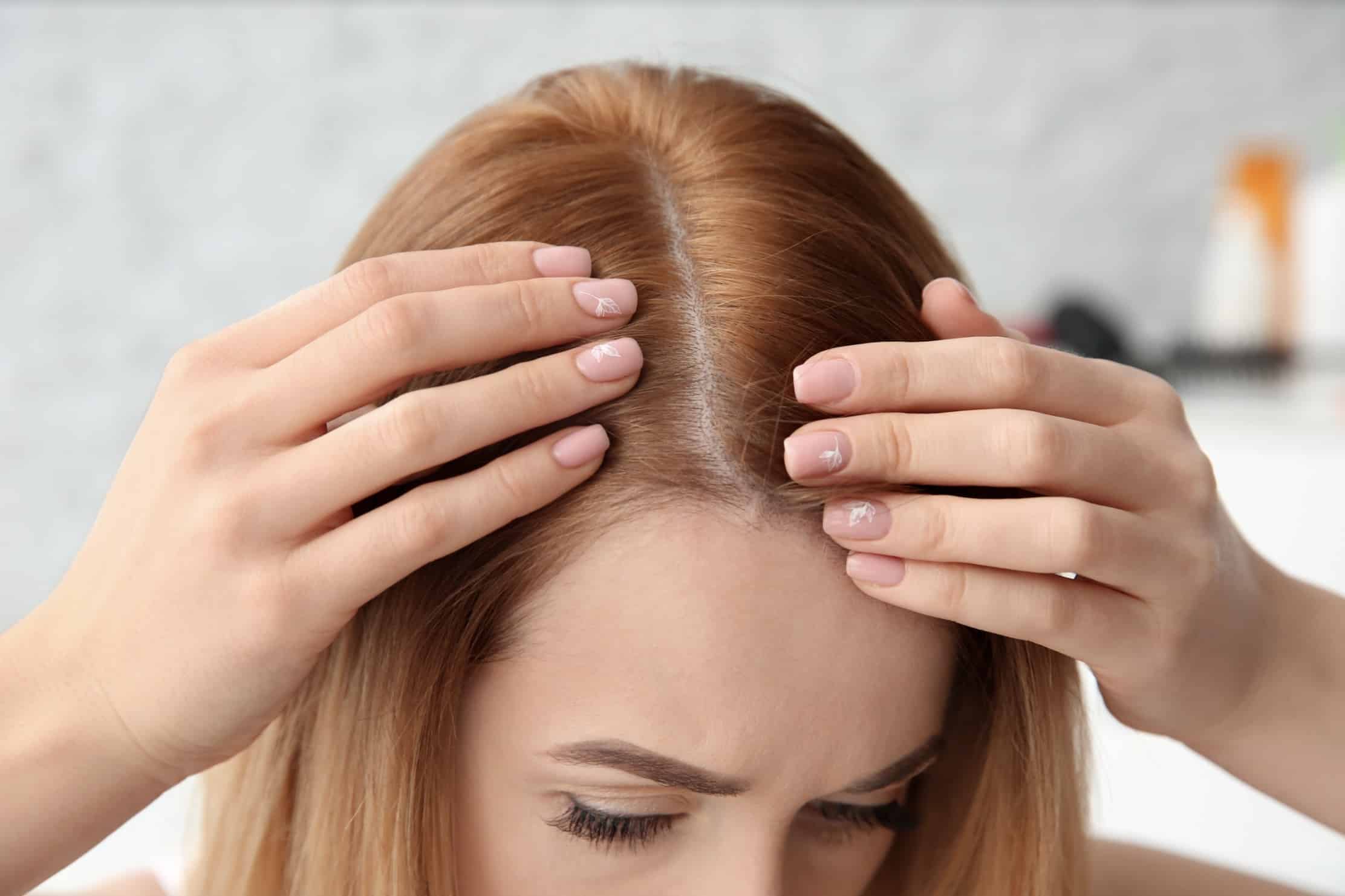Your scalp needs to be nurtured as it is a sensitive and fragile part of your body. Neglecting scalp care can lead to skin conditions such as rashes, pimples, and bruises. You can avoid these by including scalp care in your hair and beauty rituals. Scalp conditions such as these however don’t always indicate a lack of scalp care. These can be signs of medical issues that require attention. Make sure to visit your doctor if you experience these symptoms regularly. Let’s take a look at six ways that you can take care of your scalp.
1. Use Scalp Sensitive Shampoo
There are so many types of shampoo that you can choose from. However, not all are scalp friendly. For instance, shampoo that is chemical-based can cause a reaction on your scalp. You may feel an itching and burning sensation and in extreme cases, your scalp may be left burnt and tender. If you already experience conditions such as eczema, you can’t afford to go wrong on the type of shampoo that you use as this can make the situation worse. MomCurls is a great space to research the different types of scalp friendly shampoos that may enhance scalp health.
2. Gently Brush and Comb
You may be on a mission to detangle your hair but roughly pull or tug at your hair. This may untangle the parts that you wish to straighten but will leave your scalp tender and, in some cases, swollen. You need to gently brush or comb your hair gently meaning you also have to be cautious about the types of combs and brushes that you invest in. If you feel as if you are in pain after combing or brushing your hair, you may need to be gentler or replace the tools altogether.

3. Avoid Heat
Once in a while you may use a heat straightener to either dry or straighten your hair. Heat straighteners are efficient – however, if used in excess, they can damage your scalp. The heat that is absorbed by the scalp can burn or cause heat rash or acne. If you need to use a heating gadget to straighten your hair, avoid placing it right by your scalp, and try not to frequently use heat as a method to style.
4. Let Your Hair Out
If you regularly and frequently style your hair, you should find days where you let your hair out. Having your hair out means your scalp gets to breathe and take a break from having strands pulled and tied. When your hair is out, make sure to massage your scalp as this also facilitates the breathing and relaxing process of the scalp.
5. Moisturise Your Scalp
Keeping your scalp hydrated is important as this avoids flaking and itching. You can use natural oils to moisturise your scalp, particularly those with possible healing properties such as chamomile oil. Some chemical based oils may seem appealing as some claim that these help with hair growth. However, chemical based moisturising oils will only damage your scalp as mentioned before.
Once you moisturise your scalp you have to make sure that the moist is retained. One of the ways to retain moisture in hair includes wrapping your hair in silk cloth to avoid having the moist getting absorbed by your pillow. You can, alternatively, sleep on silk pillowcases.
6. Avoid Regular Style Changes
If you enjoy regularly changing your hairstyles, you may want to consider cutting down on this practice. If at one moment you wear braids and then shortly after take these down to straighten your hair then tie it up the next moment, you are tampering with your scalp. Constant tugging at the scalp may cause it to get swollen or develop pimples and lumps. Try to stick with a particular style for as long as it looks and feels good before switching it up to another.
Keep in mind to implement loose hairstyles as opposed to tight ones. The tighter your hairstyle is, the more you may damage your scalp.
Conclusion
You can try different methods of scalp care for the best possible results. Some of the strategies to care for your scalp include using scalp sensitive shampoos, avoiding chemicals, moisturising your scalp, gently combing your hair, as well as minimising the frequency of hairstyle changes.
If you experience constant or regular scalp irritation, you should visit your doctor to rule out other health conditions that may be causing these. Regardless of health conditions, practising scalp care will contribute to your general wellness.

